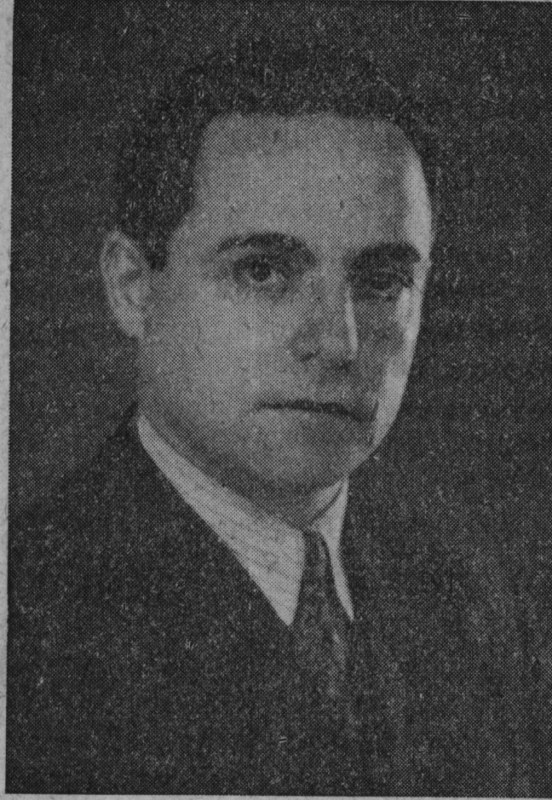Know more:
Manuel Cascais
(M. 1 January, 1945)Manuel Nascimento Machado da Silva became known in the fado world as Manuel Cascais, because he was born there. Son of the amateur fado singer Cláudio da Atourela, he soon inherited his father’s passion for singing.
Manuel Cascais was a welder and began singing fado as an amateur in 1916 – debuting at Clube Olímpia, in Lisbon – an activity he never abandoned until the end of his life. He was contemporary of António Pateta, Milhinho, Fortunato Coimbra, Júlio Janota, Manuel Maria, "Tacheta", Francisco Viana (Vianinha), João Maria dos Anjos and António Lado.
As reported on the July 1927 edition of Guitarra de Portugal, Manuel Cascais does a series of shows in Porto during that summer.
On the 7 April 1929 he wins the title «Marialva» in a fado competition at Retiro da Severa. In April 1932, he leaves to Brazil with the entrepreneur José Loureiro, staying there for a year.
In Brazil he joined Grupo de Caramés, along with Manuel Monteiro, José Lemos, Pinto Filho, (actor), Isalinda Saramoto, (o Rouxinol do Tua – transmontana) and Cândida Leal, and with these and other artists formed the cast of the beautiful regional episodes "Na Romaria do Norte" and "Uma Noite em Lisboa", as reported by the newspaper Canção do Sul, on the 16 April 1936)
In 1939, the 25 October edition of Guitarra de Portugal reports "Although we do not have news from Manuel Cascais’ Troupe, we believe it is still working without any major difficulties”.
Manuel Cascais became known as the “Breath King” in the History of Fado because he sang entire ten-verse stanzas in the fados Sem Pernas e Serrano, an unheard of talent at the time’s fado environments.
Famous among us are his performances at Tamariz (Estoril), Casino da Praia (Cascais), Sporting Clube da Parede, Retiro da Severa, Solar da Alegria, and the Cafés Luso, Ginásio, and Mondego.
In his final years, we highlight the management of Adega das Parras, in Feita Popular, during the summer of 1944.
He was married to the Portuguese-Brazilian artist Dolita Lisboa.
He died suddenly on the 7 July 1945, at 45 years old.
Source:
“Guitarra de Portugal”, 12 October 1930;
“Canção do Sul”, 16 May 1937;
